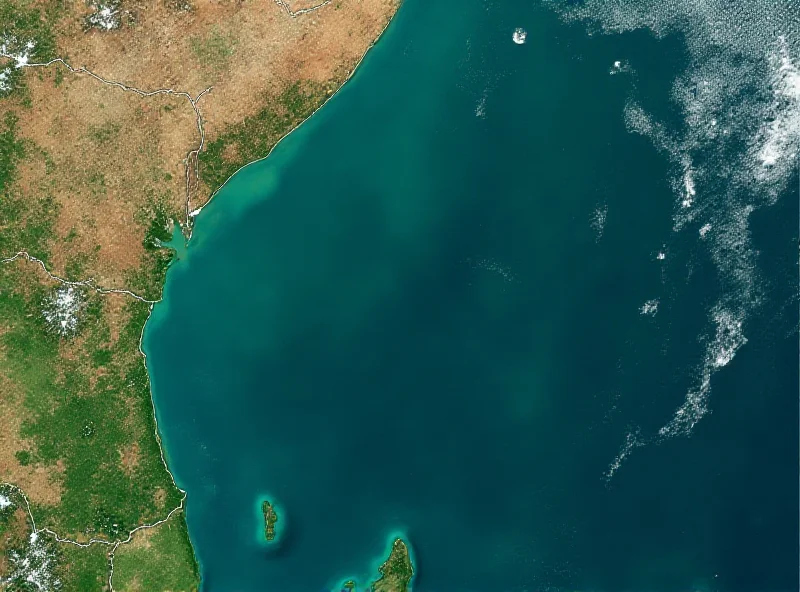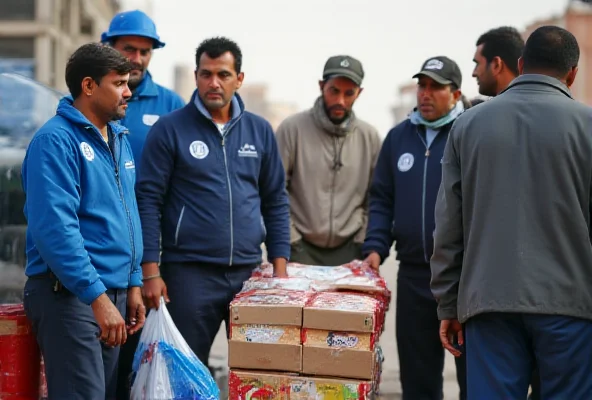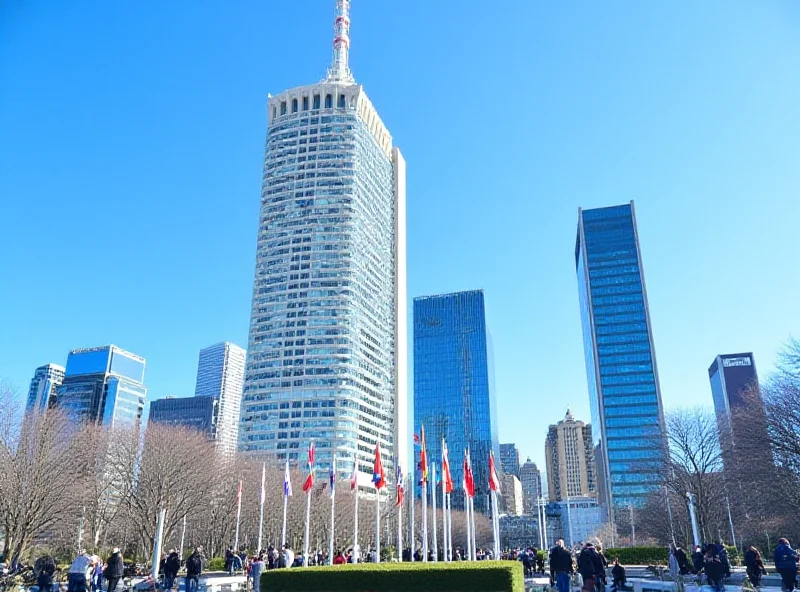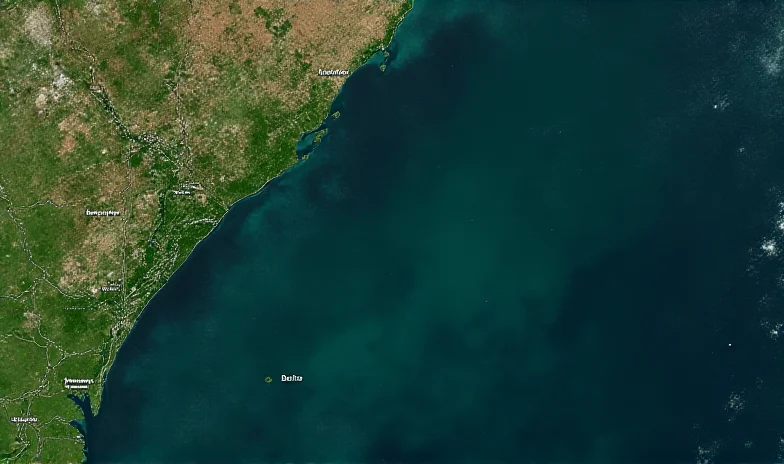The United Nations, an organization dedicated to maintaining international peace and security, is currently facing a multitude of challenges across the globe. From political turmoil and human rights concerns to humanitarian crises and the urgent need for institutional reforms, the UN's role is being tested on multiple fronts.
Conflict and Displacement in Africa
In Burundi, the UN has taken the step of evacuating the families of its personnel due to the ongoing conflict in the eastern Democratic Republic of the Congo (DRC). Witnesses have reported the presence of M23 fighters approximately 75 km north of Uvira, a town situated on the northwestern tip of Lake Tanganyika, facing Bujumbura, the economic capital of Burundi. This situation highlights the precarious security environment and the potential for spillover effects in neighboring countries.

The UN's presence in regions like eastern DRC is crucial for providing humanitarian aid and monitoring the situation. The evacuation of personnel families underscores the severity of the conflict and the risks faced by those working to maintain stability.
Human Rights Concerns in Latin America
Meanwhile, in Latin America, Nicaragua has announced its withdrawal from the United Nations Human Rights Council. This decision follows a recently published report by a group of U.N. experts calling for international action against what they describe as worsening repression led by President Daniel Ortega and his wife, Rosario Murillo. The move reflects mounting international criticism of the Nicaraguan government's human rights record.
“The withdrawal of Nicaragua from the UN Human Rights Council is a concerning development,” says a statement from Amnesty International. “It underscores the need for continued scrutiny and international pressure to address the human rights situation in the country.”
Ceasefire Efforts in the Middle East

In the Middle East, the UN's World Food Program (WFP) has reported reaching 1 million Palestinians across Gaza during the first phase of a recent ceasefire deal. The WFP emphasized the critical importance of maintaining the ceasefire, stating, "The ceasefire must hold. There can be no going back." However, Hamas has indicated that there has been "no progress" in indirect talks with Israel regarding a second phase of the ceasefire, highlighting the fragility of the situation.
The Need for Reform
Adding to these challenges is the ongoing discussion about the UN's relevance and the urgent need for institutional reforms. The Riga Security Forum 2024 podcast series is examining these issues, focusing on how the organization can address contemporary challenges and adapt to a rapidly changing world. The first episode specifically addresses the UN's relevance in today’s world and the pressing need for reforms.

The UN's ability to effectively address these diverse and complex challenges will depend on its capacity to adapt, reform, and maintain its relevance in an increasingly volatile global landscape. Its role as a mediator, humanitarian aid provider, and advocate for human rights remains crucial, but its future success hinges on its ability to overcome these significant hurdles.
